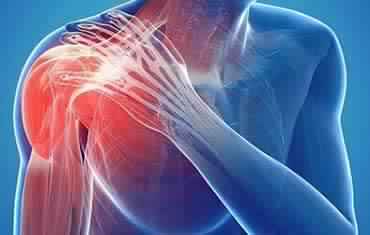Shoulder Pain Treatment
More About Shoulder Pain Treatment
The shoulder is the most movable joint in the human body. A group of four muscles and their tendons, called the rotator cuff, give the shoulder its wide range of motion.
Swelling, damage, or bone changes around the rotator cuff can cause shoulder pain. You may have pain when lifting the arm above your head or moving it forward or behind your back.
Causes of Shoulder Pain Treatment:
The most common cause of shoulder pain occurs when rotator cuff tendons become trapped under the bony area in the shoulder. The tendons become inflamed or damaged. This condition is called rotator cuff tendinitis or bursitis.
Shoulder pain may also be caused by:
- Arthritis in the shoulder joint
- Bone spurs in the shoulder area
- Bursitis, which is inflammation of a fluid-filled sac (bursa) that normally protects the joint and helps it move smoothly
- Broken shoulder bone
- Dislocation of the shoulder
- Shoulder separation
- Frozen shoulder, which occurs when the muscles, tendons, and ligaments inside the shoulder become stiff, making movement difficult and painful
- Overuse or injury of nearby tendons, such as the bicep muscles of the arms
- Nerve injury that leads to abnormal shoulder movement
- Tears of the rotator cuff tendons
- Poor shoulder posture and mechanics
Sometimes, shoulder pain may be due to a problem in another area of the body, such as the neck or lungs. This is called referred pain. There is usually pain at rest and no worsening of pain when moving the shoulder.
BASIC CLASSES
70%
EFFECTIVE
97%

Symptoms of neck pain:
- Put ice on the shoulder area for 15 minutes, then leave it off for 15 minutes. Do this 3 to 4 times a day for 2 to 3 days. …
- Rest your shoulder for the next few days.
- Slowly return to your regular activities. …
- Taking ibuprofen or acetaminophen (such as Tylenol) may help reduce inflammation and pain.
Diagnosis:
Blood or imaging tests, such as x-rays or MRI, may be ordered to help diagnose the problem. Your provider may recommend treatment for shoulder pain, including: Nonsteroidal anti-inflammatory drugs (NSAIDs) Injection of an anti-inflammatory medicine called corticosteroid.
